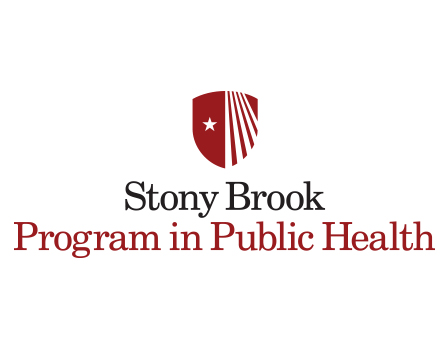Four years after Caitlin Ryan graduated with her bachelor’s degree at Stony Brook University and started working as a clinical laboratory technologist, she realised that her educational journey wasn’t quite over. Struck by the excellence of the Master of Health Administration (MHA) programme at Stony Brook, Ryan found just the right opportunity to grow her career.
“The MHA provided me with leadership skills that have allowed me to take a more active role in my current position,” she says. “It has also boosted my confidence that when seeking opportunities for career growth, I’ll be fully qualified thanks to the knowledge I have gained in this programme.”
Stony Brook is one of 64 schools in the State University of New York (SUNY) system. Not only is Stony Brook ranked amongst the world’s top 1% by the Times Higher Education, but it’s also the only SUNY MHA programme to be accredited by the Commission on Accreditation of Healthcare Management Education (CAHME).
For the practitioners in entry–level to mid-career healthcare management roles, the MHA is a comprehensive, one-stop shop to stepping into administrative leadership positions. It’s action-focused, fully online, and dedicated to growing the future generation of healthcare leaders to create a more equitable society.

Stony Brook is ranked at #73 for the Best Health Care Management programmes by the US News & World Report. Source: Stony Brook University
Its graduate success speaks for itself. Last year, Stony Brook saw a 100% retention rate from fall enrolment to the spring semester. Among students who graduated that year, 84% were employed or in further study within the span of 90 days.
Christopher Caravella graduated from the MHA programme in 2023, and he’s a walking success story. He also pursued a bachelor’s degree at Stony Brook, completed in 2009. When his job as a licensed nuclear medicine technologist grew less patient facing and more operations– and finance-focused, he wanted to develop his expertise as an administrator.
“I saw the opportunity to bridge the gap between our clinicians and administrators,” Caravella says. It’s his wife — also a Stony Brook graduate — who would inform him about the MHA programme in 2018, while he’d been working at Northwell Health.
Caravella would graduate five years later. “I feel more confident to make organisational decisions than I had previously,” he says. “This year, in recognition of my contributions to the imaging service line, I was fortunate enough to be promoted from manager to senior manager for the Divisions of PET and Nuclear Medicine.”
Curious? Here’s why Stony Brook is the right place to pursue an MHA today.
The best education delivered by the top in the field
It’s hard to find balance in between responsibilities, but MHA has given Caravella the right opportunity to do so. He’s not just a student — he’s a husband, a father of two kids, and a nuclear medicine technologist. When he started the programme in 2019, it had a half in-person and half online delivery. By March 2020, it transitioned into fully virtual.
“I appreciated the interactive distance learning model,” Caravella says. “It allowed me to participate in my academic course work and also put my children to bed each night.”
The asynchronous courses in the MHA programme are taught by subject matter experts active in the field of health administration. Stony Brook has instructional faculty serving as the business manager at Stony Brook Medicine, the administrator of a state-of-the-art rehabilitation centre, the system vice president at One Brooklyn Health, and more.

Stony Brook’s MHA programme is a member of The Association of University Programmes in Health Administration (AUPHA). Source: Stony Brook University
Ryan’s favourite course was Healthcare Quality Management. “During my time, it was taught by a former chief quality officer (CQO), who was the active CEO of my hospital system,” she says.
The lecturer’s experience brought life to the course, allowing Ryan the opportunity to work on a quality improvement project to better patient care, and expand her connections.
The online, asynchronous setup of the MHA programme does not hinder you from a holistic, interactive learning experience. Zoom lectures are filled with dynamic discussion with diverse student groups. Group projects withstand the distance, allowing students to build skills in teamwork. Meet and greets are hosted throughout the semester where students can interact, alongside guest lectures open to everyone in the programme.
“The competency-based model ensures each student is well-prepared for leadership in healthcare,” Caravella says. “While we all have areas of interest and career goals, it is hard to be successful if you can’t see the larger picture. We used the metaphor, ‘view from the balcony.’”
It’s important to Stony Brook that the MHA curriculum keeps up to date with critical issues in the field of healthcare management. To make that possible, they gather the Advisory Board — comprising healthcare executives and managers across New York, MHA alumni, and current students — twice a year to address how the curriculum can improve.
If you’re looking to grow your career in healthcare administration, then check out the MHA programme at Stony Brook University today.
Follow Stony Brook Medicine on Facebook, X, YouTube, LinkedIn, TikTok, and Instagram.













